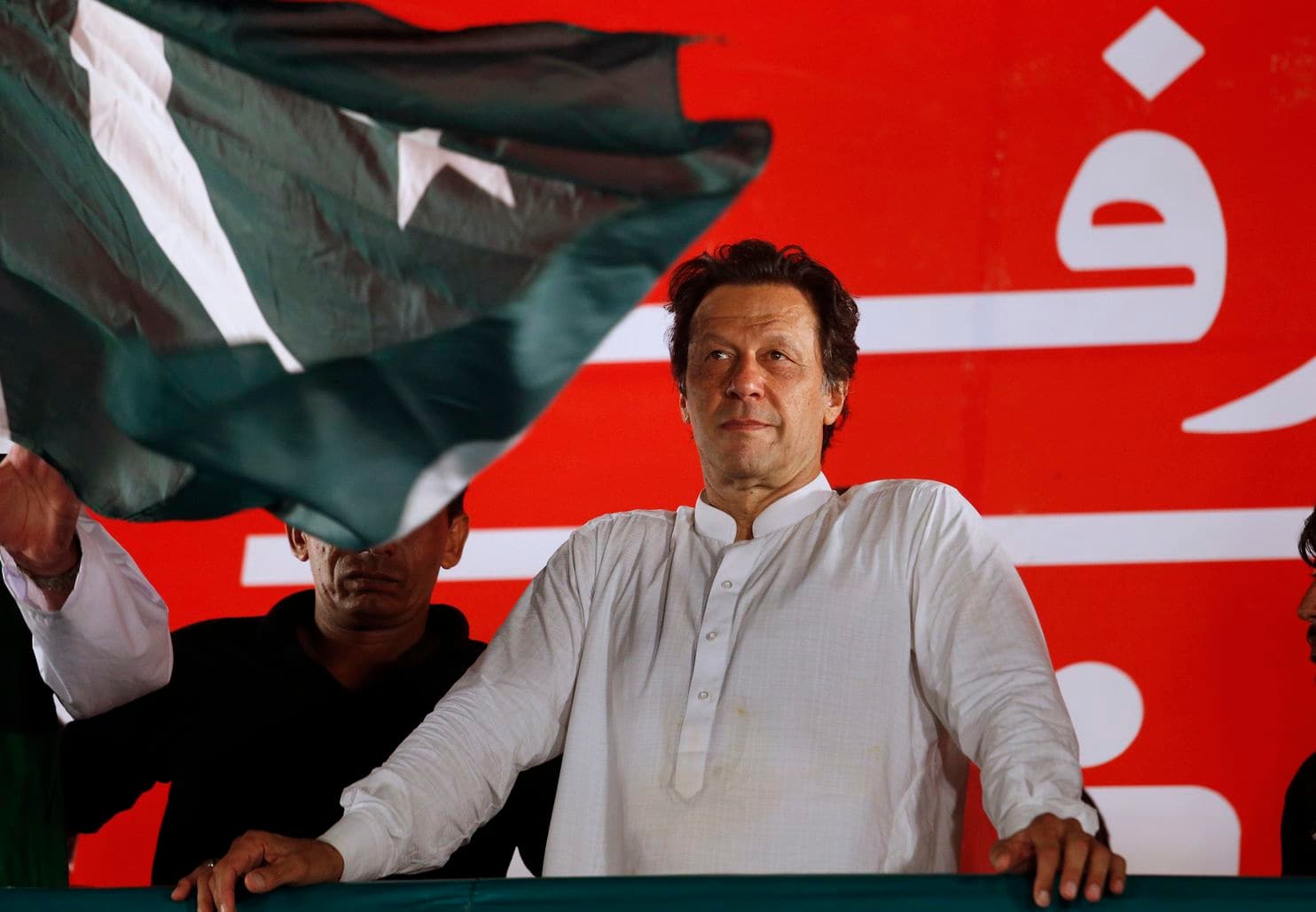Pakistan seeks removal of India from FATF co-chair post
Mon 11 Mar 2019, 16:54:16

Pakistan has asked the Financial Action Task Force (FATF) to remove India as the co-chair of the international terror financing watchdog’s Asia-Pacific Joint Group, which is reviewing Islamabad’s progress on action against terrorism.
The FATF had in February said Pakistan made “limited progress” in curbing terror financing and failed to show a proper understanding of the risks terrorist groups pose. Pakistan faces economic sanctions if it fails to act.
In a letter to FATF president Marshall Billingslea, Pakistan finance minister Asad Umar asked him to appoint any other member country as the co-chair “to ensure that the review process is fair, unbiased and objective”. “India’s animosity towards Pakistan is well-known and the recent violation of Pakistan’s airspace and dropping of bombs inside Pakistani territory was another manifestation of India’s hostile attitude,” Umar wrote.
He was referring to the Indian air strike on a terror camp in Pakistan on February 26 in retaliation to the February 14 Pulwama attack.
Pakistan-based Jaish-e-Mohammed claimed responsibility for the attack.
Pakistan-based Jaish-e-Mohammed claimed responsibility for the attack.
Separately, Pakistan maintained it did not lose any of its planes during the aerial combat with Indian Air Force jets on February 27. The combat followed the Indian air strike. “The Indian government and the Indian media continue to spread disinformation to mislead the international community, and the Indian people for domestic political gains, while trying to cover up its failures and resultant embarrassment,” the Pakistani foreign office said in statement Saturday.
The statement came hours after external affairs ministry spokesman Raveesh Kumar told the media that an Indian Air Force’s MiG-21 Bison shot down the F-16 fighter aircraft during the combat as Pakistan retaliated to the air strike. There are eyewitness accounts as well as electronic evidence for it, he added.
Islamabad cited the use of “local explosives and vehicle miles away from the Line of Control [the de facto India-Pakistan border in Jammu and Kashmir]” and added the Pulwama had an “indigenous origin”.
No Comments For This Post, Be first to write a Comment.
Most viewed from International
Most viewed from World
AIMIM News
Latest Urdu News
Most Viewed
May 26, 2020
Do you think Canada-India relations will improve under New PM Mark Carney?
Latest Videos View All
Like Us
Home
About Us
Advertise With Us
All Polls
Epaper Archives
Privacy Policy
Contact Us
Download Etemaad App
© 2025 Etemaad Daily News, All Rights Reserved.

.jpg)
.jpg)
.jpg)






.jpg)


.jpg)
.jpg)
.jpg)
.jpg)
.jpg)
.jpg)
.jpg)
.jpg)
.jpg)
.jpg)
.jpg)
.jpg)

















